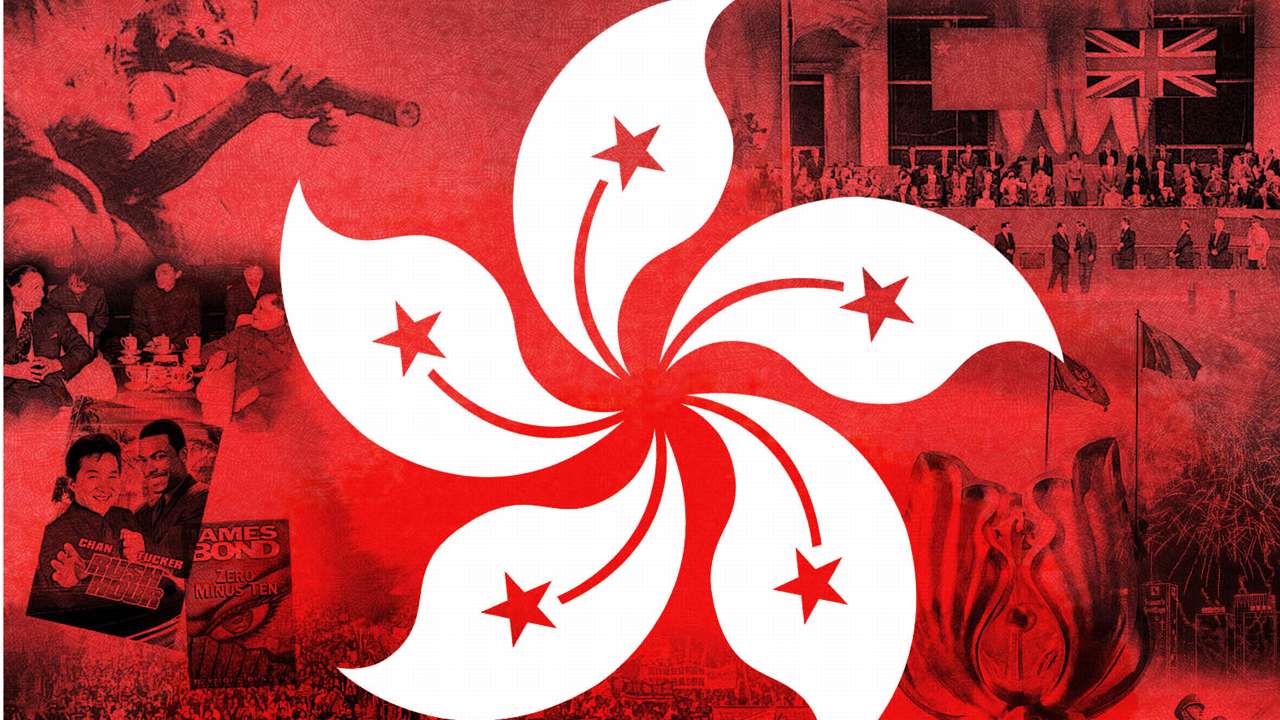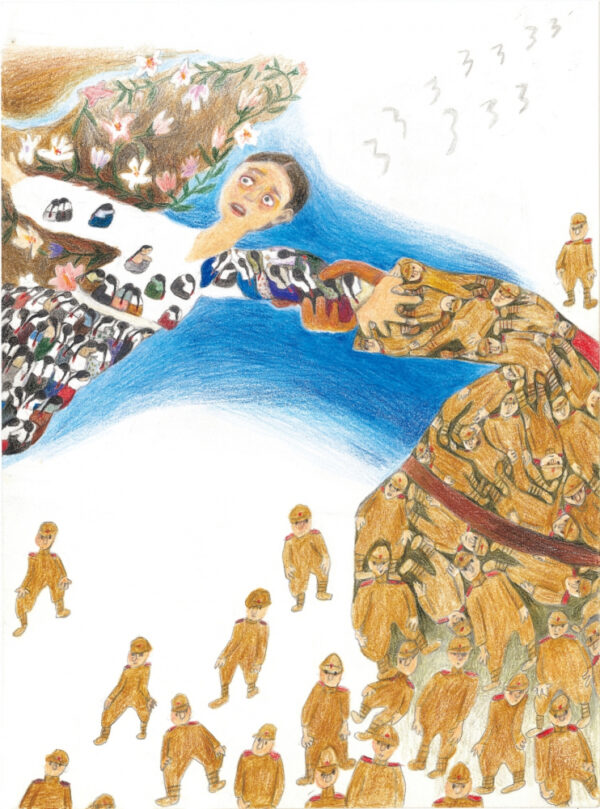On November 22, 2021, the Centre for the Study of Korea at the University of Toronto and the Korean Office for Research and Education (KORE) at York University hosted a virtual event titled “Suffering and Smile: Everyday Life in North Korea.” The event was organized by Jesook Song, a professor of Anthropology at the University of Toronto, Yoonkyung Lee, an associate professor of Sociology at the University of Toronto, and Laam Hae, an associate professor of Politics at York University. The event was centred around the observations and experiences of featured speaker Byung-Ho Chung, a professor emeritus at Hanyang University, South Korea. Chung recounted what he had learned over his many trips to North Korea throughout the session. North Korea is understood as a mysterious yet rapidly evolving nation; Chung argues that to understand the vast changes the nation is experiencing, it is important to understand the norms and values of their society. Throughout the event, Chung focused on two keywords that he believed were necessary to understand North Korean society: suffering and smiling.
Chung begins by explaining how he acquired his extensive knowledge and first-hand experiences of North Korea. The first reason is that he has been given many opportunities to meet and negotiate with North Korean Representatives. This afforded Chung the rare chance to enter the North Korean state. Although he was unable to fully immerse himself in the daily lives of North Koreans due to strict government restrictions, Chung still believes he was able to experience the North Korean culture in action. The second reason is that Chung is an advocate for North Korean refugees. In addition to mentoring North Korean refugees who escaped to South Korea, Chung has also founded the Hanadul School for North Korean Refugee Children, which helps North Korean children reconcile traumas that originated from their escape to South Korea. Therefore, his meetings and negotiations with North Korean Representatives and his work in advocacy on behalf of North Korean refugees have afforded Chung numerous first-hand experiences of the North Korean state.
Chung recounts specific observations of his thirteen trips and how these experiences explain how cultural values have led to the suffering and smiling of North Korean children. One example is the slogan “We are Happy”, which can be seen everywhere in North Korea, especially at childcare centres and elementary schools. This particular slogan stood out to Chung as he believed that the phrase “We are Happy” did not accurately represent the true conditions of the nation. In a country that suffered from famine and great economic disparity, many North Korean children are used to abhorrent conditions. It appeared that the slogan was a verbal instruction rather than a true depiction. It seemed that the state was forcing innocent children into believing that they were truly happy. However, Chung was intrigued by the happiness the children expressed that appeared to be completely genuine; either the North Korean children were excellent actors, or they believed that they were happy. If the second option is true, then the North Korean state has a different definition of what happiness is. Chung sees this as a highly plausible explanation, as many psychologists believe that happiness is highly subjective. Chung believes that the North Korean children’s happiness is not associated with material well-being; instead, their exuberance is influenced by the state. These children are taught they have nothing to envy in the world. Chung argues that the slogan “We are Happy” depicts how the two keywords illustrate the influence of cultural values on the nation’s progress as the children of North Korea are suffering and smiling simultaneously.
A second slogan that depicts how cultural norms and values have resulted in the fast-changing North Korean state is “Smile Broadly”. The political message of “Smile Broadly” is as follows: even in challenging times, the children of North Korea are growing up to be bright, healthy, and full of vitality. Similarly to how the children are taught to express happiness, “Smile Broadly” also instructs children to express their emotions outwardly. According to Chung, the slogan represents the theatre state; even when they are participating in challenging activities or going through challenging times, the children of North Korea are trained to smile. “Smile Broadly” also represents an underlying cultural value of the nation; even in times of material hardship, the people of North Korea should be able to show mental strength. Again, the keywords “suffering” and “smiling” help us understand the true state of North Korean society.
Ultimately, Chung’s explanation of “suffering” and “smiling” illustrates a new understanding of the North Korean state. According to Chung, cultural relativism is always a valuable tool for understanding others; therefore, understanding the values and norms that shape North Korean culture allow us to understand a nation that is often depicted as a mystery. The experience Chung shared allowed us greater insight into the behaviour of North Korean children, providing us with a richer understanding of the everyday life of this nation.
Kristi Deki is a second-year undergraduate student pursuing a major in Ethics, Society, and Law and a double minor in Contemporary Asian Studies and Psychology. Her main research interests include international human rights laws, surveillance








